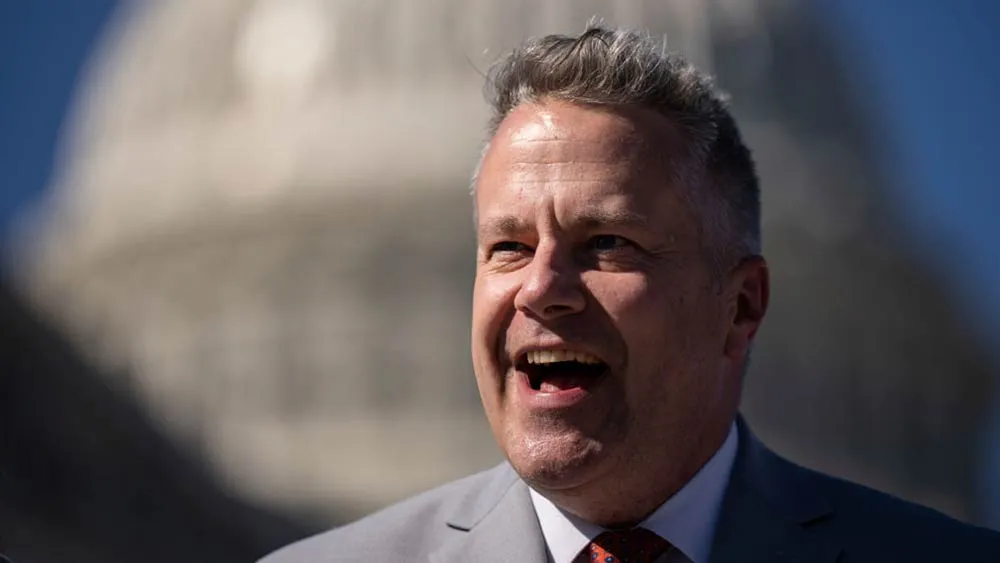August 24, 2013
March to Focus on Continued Fight for Civil Rights
Jason St. Amand READ TIME: 4 MIN.
Alice Long planned months ago to use vacation time to travel from Huntsville, Ala., to the 50th anniversary events for the March on Washington for Jobs and Freedom.
Long, a NASA administrative assistant, brought along her grandchildren to give them a close-up view of African-American and civil rights history that she said isn't being taught in schools.
"I'm here supporting this march because there are so many injustices in this country," Long, 59, said on the eve of Saturday's march from the Lincoln Memorial to the Martin Luther King Jr. Memorial. "I'm very concerned about it because I have a 5-year-old grandson and a 13-year-old granddaughter."
Marchers began arriving early Saturday to gather on the National Mall, many staking out their spots as the sun rose in a clear sky over the Capitol. By midday, tens of thousands had gathered on the National Mall.
Eric Holder, the nation's first black attorney general, thanked those who marched a half century earlier. He said he would not be in office, nor would Barack Obama be president, without them.
"They marched in spite of animosity, oppression and brutality because they believed in the greatness of what this nation could become and despaired of the founding promises not kept," Holder said.
Holder said the spirit of the 1963 march now demands equality for gays, Latinos, women, the disabled and others. Keeping with that theme, those in attendance represented a grab-bag of causes advocating gay rights, organized labor, voting rights and access to local post offices.
Organizers have planned for about 100,000 people to participate in the event, which is the precursor to the actual anniversary of the Aug. 28, 1963, march. It will be led by the Rev. Al Sharpton and King's son Martin Luther King III. After several speeches, participants will walk the half-mile from the Lincoln Memorial to the 2-year-old memorial.
Those in attendance arrived in a very different, post-9/11 Washington.
In 1963, people crowded the steps of the Lincoln Memorial and could get close to King to hear his speech. On Saturday, metal barriers kept people away from the reflecting pool.
Only a small group of attendees was allowed near the memorial. Everyone else has been pushed back and was watching and listening to the speeches on big-screen televisions. Police were stationed atop the Lincoln Memorial. There was a media area and VIP seating.
On the day of the anniversary, President Barack Obama will speak from the steps of the Lincoln Memorial, the same place King stood when he delivered his "I Have a Dream" speech. Obama will be joined by former Presidents Bill Clinton and Jimmy Carter. Churches and groups have been asked to ring bells at 3 p.m. Wednesday, marking the exact time King spoke.
On Friday, a coalition of black leaders issued what they said is the 21st century agenda for the nation as it marks the watershed civil rights event that helped bring about the 1964 Civil Rights Act and the 1965 Voting Rights Act. The 1963 march drew some 250,000 to the National Mall and ushered in the idea of massive, nonviolent demonstrations.
The leaders named economic parity, equity in education, voting rights, health care access and criminal justice reform as national policy priorities.
National Urban League President Marc Morial said the agenda was "by no means a complete agenda" but one that can strengthen the unity among the coalition's members and a way to go forward in a new civil rights movement.
Throughout the buildup to the anniversary march, leaders have been acknowledging and honoring civil rights progress spurred by the 1963 march. But they also have bemoaned what they see as an attack on that progress since King delivered his stirring speech.
They cite the Supreme Court ruling that effectively erased a key anti-discrimination provision of the Voting Rights Act; persistent unemployment among African-Americans, which is about double that of white Americans; and the shooting death of unarmed black teenage Trayvon Martin and the acquittal of George Zimmerman.
Organizers of Saturday's march hoped this year's event would serve to inspire people again to educate themselves about issues they see as making up the modern civil rights struggle.
"It's very difficult to stomach the fact that Trayvon wasn't committing any crime. He was on his way home from the store," Sybrina Fulton, Trayvon's mother, said Friday as she prepared to participate in the march. "Don't wait until it's at your front door. Don't wait until something happens to your child. ... This is the time to act now. This is the time to get involved."





